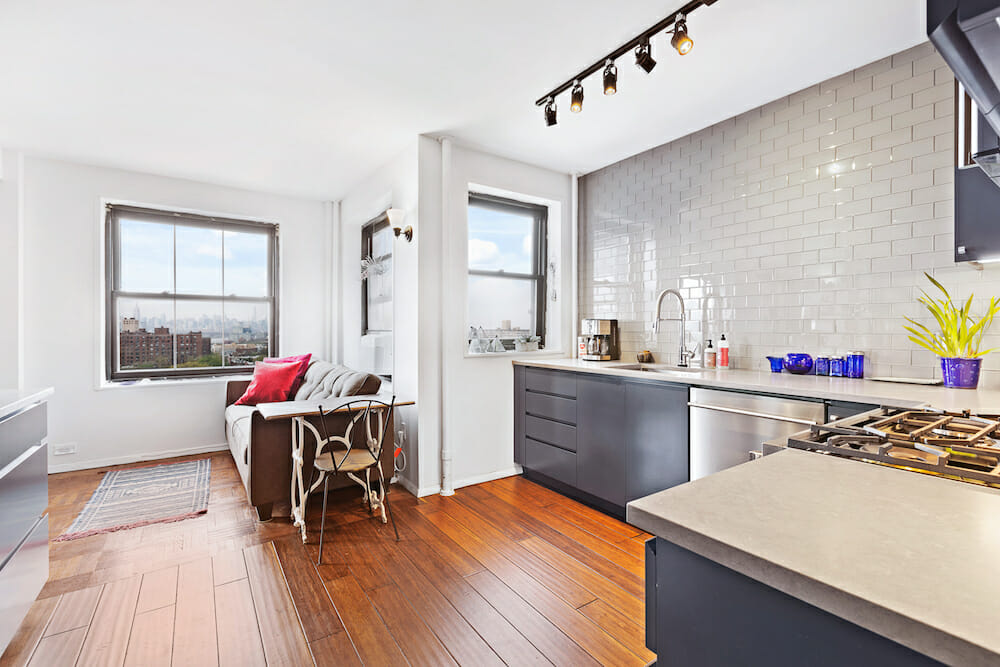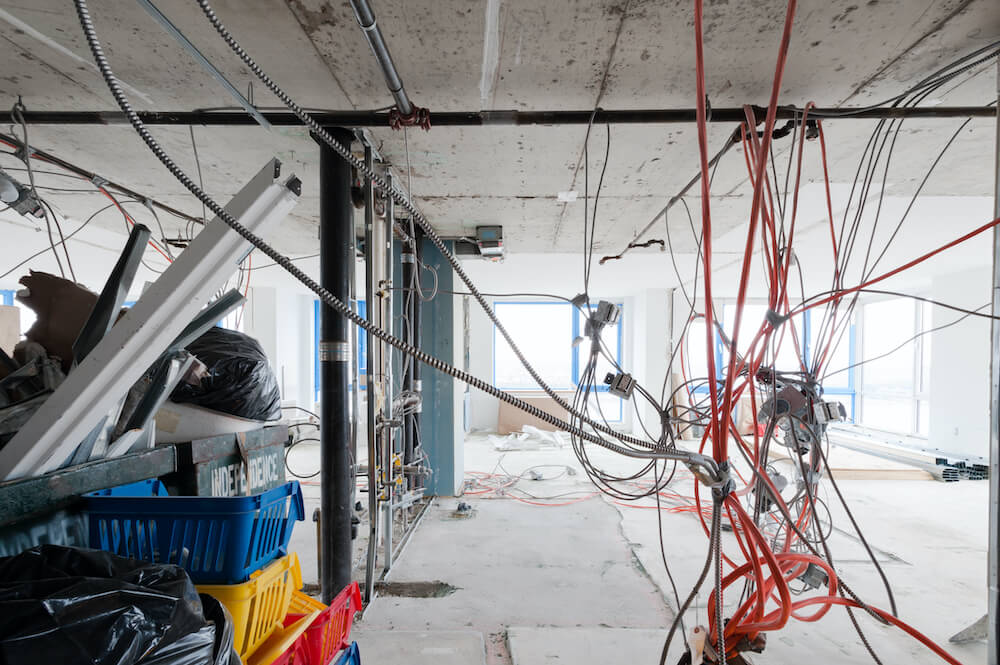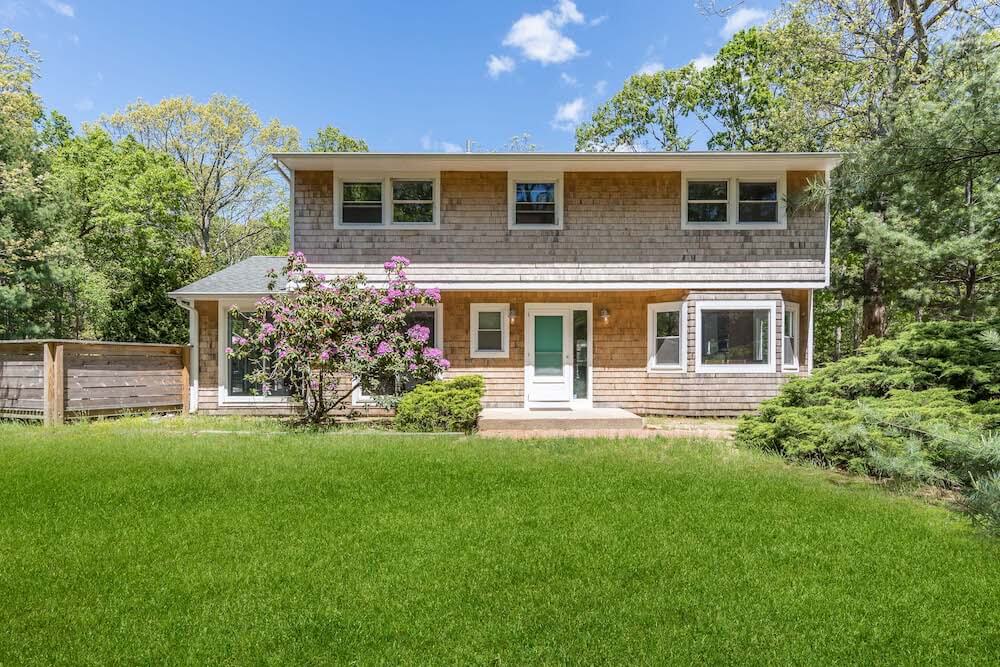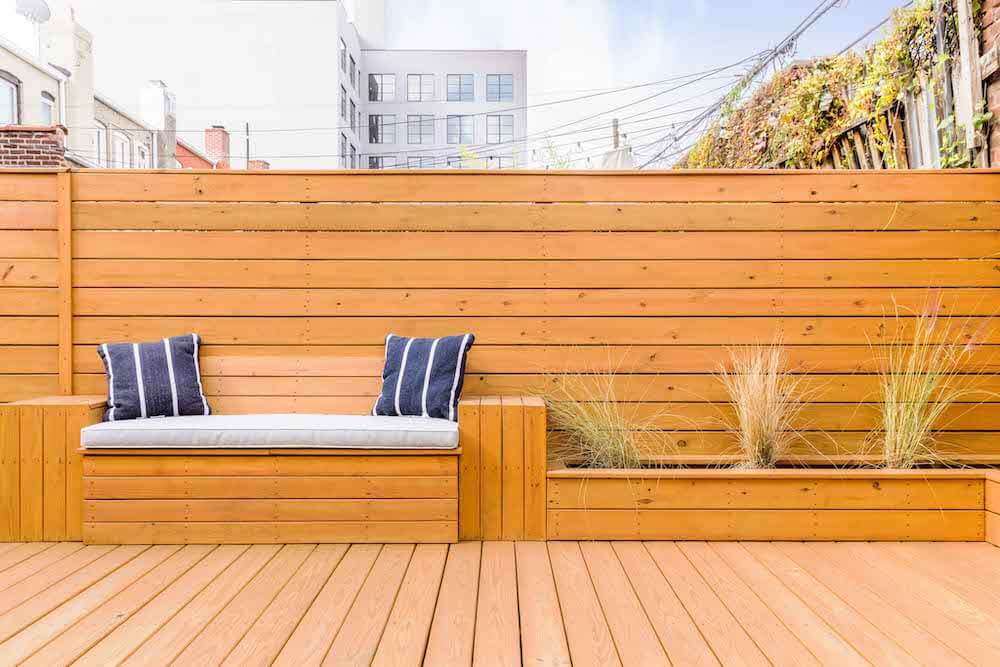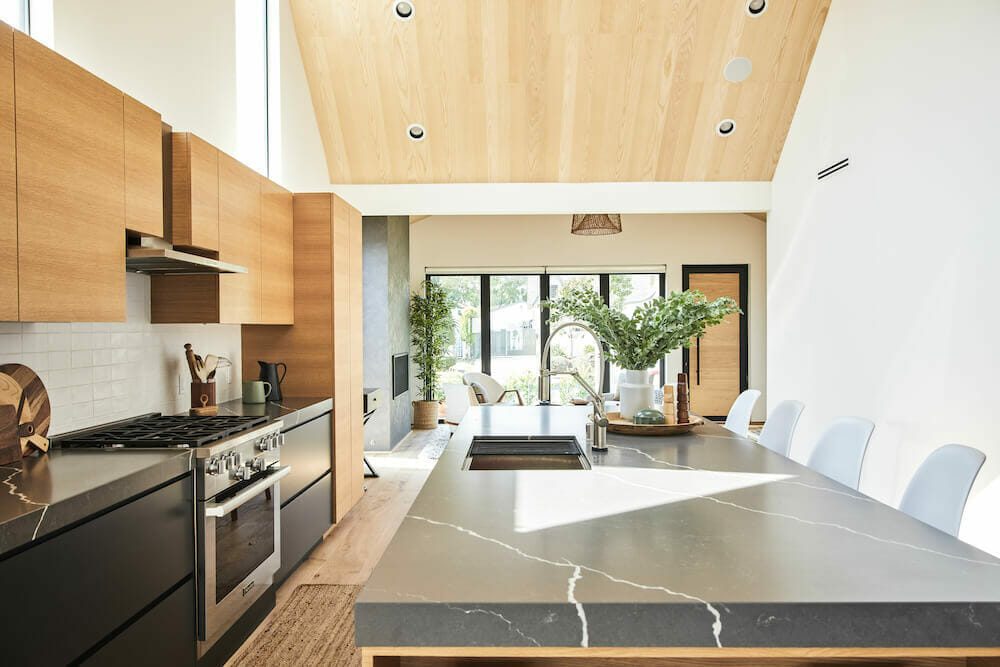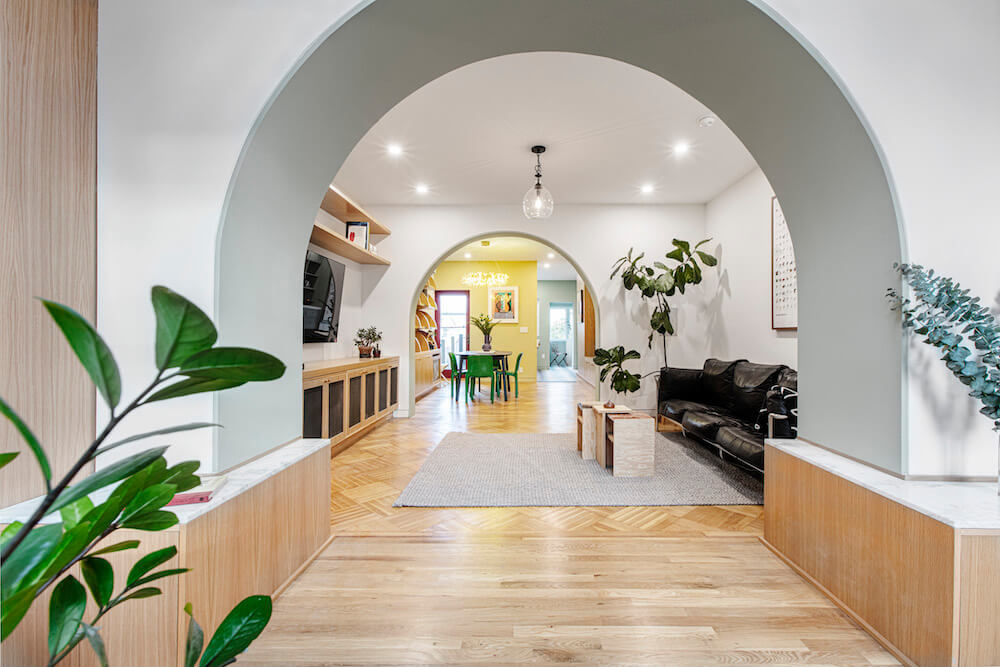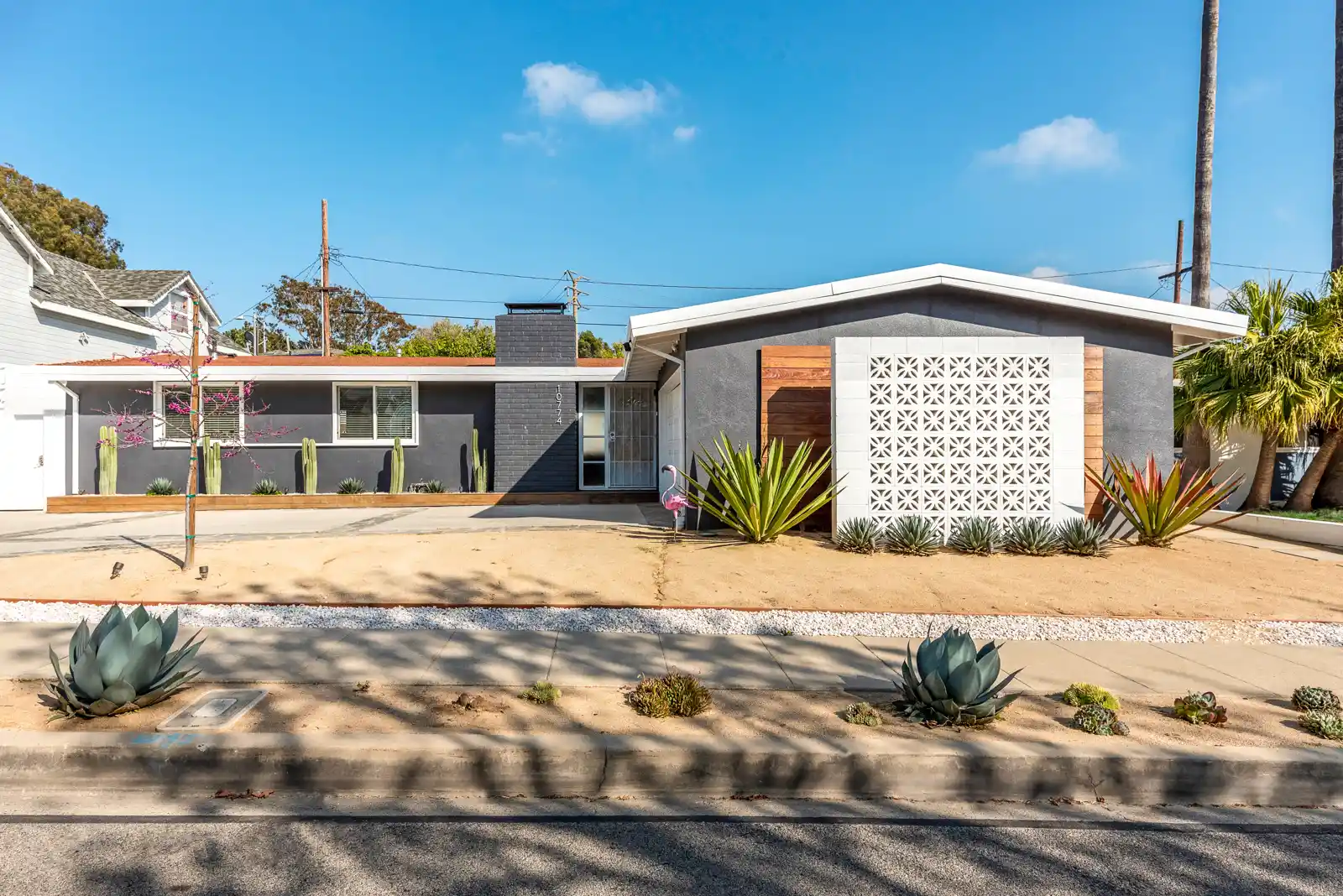Decoding HOAs: Rules, Fees, and Everything in Between
Picture yourself in your perfect home: a charming townhouse, a spacious suburban dwelling, or a modern condo. But before you get swept away in the excitement of finding your ideal property, consider one crucial factor: is it part of a Homeowners Association (HOA)?
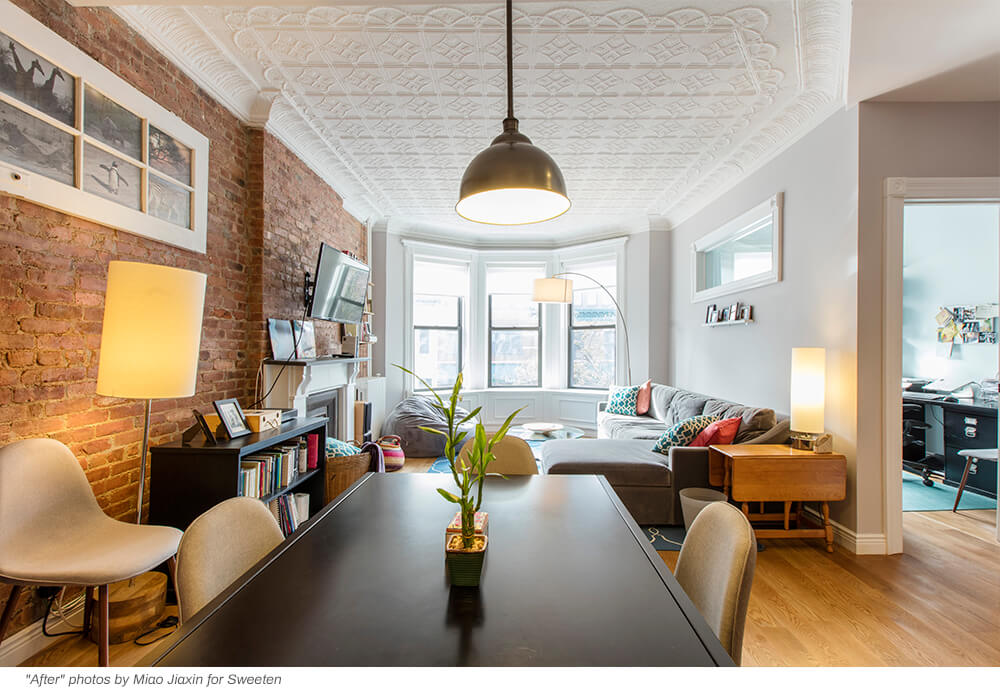
HOAs offer a range of benefits like maintained common areas and a sense of community, but they also come with rules and regulations that can impact your lifestyle and budget. This guide will equip you with the knowledge you need to make an informed decision about buying in an HOA community.
What is an HOA?
High-rise ownership means sharing in the maintenance of common areas and all those amenities you love—swimming pool, green space, exercise rooms, etc. Whether it’s a condo, co-op, or townhome that’s part of a complex, all homeowners who buy in become members of their building’s Homeowners Association.
There is a board, typically made up of 5 to 15 residents elected by owners, to govern the rules and regulations (specifically, CC & R or Covenants, or Conditions and Restrictions), usually for a two-year term. This group of directors meets annually, with some meetings throughout the year, open to homeowners except for voting. The board assesses budgets, services, any business that involves day-to-day operations, and making sure that established rules and regulations are met.
The goal of an overall yearly plan is to decide how much monthly HOA fees (aka assessments) need to be in order to cover expenses. Part of the expense is a property management fee as well as salaries for on-site personnel, like a building manager, assistant, engineer, and cleaning crew. The HOA also is a sounding board for issues homeowners may have, either in the building or surrounding neighborhoods. Sweeten brings homeowners an exceptional renovation experience by personally matching trusted general contractors to your project, while offering expert guidance and support—at no cost to you. Renovate to live, Sweeten to thrive!
HOA fees, explained
Fees range from a few hundred dollars to tens of thousands of dollars. This depends on the age and size of the building (how many units), amenities and total expenditures, prorated according to the size of the apartments—studio, one, two or three or more bedrooms, with the largest at the top end of the sliding scale. Also factored in are particular unit features like larger balconies, private penthouse roof decks, and parking spaces.
“By law, I’m required to list capital expenditures for the next two years,” says one condo manager in Chicago’s South Loop. That requires keeping tabs of utility prices and expected hikes as well as phone and cable charges, with periodic negotiating—in one case, that saved almost $100,000 and significantly upped the building’s internet speed.
While fees sometimes stay static, they usually rise yearly, sometimes up to 4 percent or more. Also, unexpected city hikes, such as an 8 percent water increase, are difficult to anticipate. Your HOA fee is a constant, just like property taxes. Your home may be foreclosed by the association, if you don’t pay..
What do HOA fees cover?
HOA fees generally are part of monthly assessments, which basically address what it costs to maintain common areas. Here is what they may cover depending on your building’s property:
- Vacuuming and cleaning in lobbies, hallways, and mailrooms, and general building maintenance.
- Trash pick-up (by the city or private companies).
- For buildings with pools, there’s cleaning and maintenance.
- For green areas, there may be landscaping contractors who keep an eye on planters so they don’t leak, water plants (either by hand or with an irrigation system), and weed on a regular basis.
- Garages are power washed, usually at least twice a year, to maintain the membrane of the concrete floor, limiting deterioration.
- Property management fee and on-staff salaries, as well as insurance and a reserve account.
Before you buy, what you need to know about HOAs
Even if everything seems perfect about your prospective home, it’s crucial to check out the financial health of the building, just as you might examine all the mechanicals and exterior components of a single-family home. Meet the management and ask questions.
It’s a good idea to consult with a real estate lawyer (even better, one who specializes in HOAs) to take a look at the history of assessments over the course of the last 5 to 10 years. How many raises have there been, and what is the percentage of those raises? Check for any red flags. One could be an unusual number of apartments for sale at a given time. Or special assessments—what they were for, how much they were. Ask how much capital is in reserves. This is a critical point.
Ask how much capital is in reserves. This is a critical point. Some associations will set aside at least $50,000 each year for the what-ifs. Owners obviously don’t want to see assessments rise. “But,” says one manager, “what if the gas contract goes up a lot? What kind of electricity contract has been negotiated? What if union or non-union paying health benefits rise? It has to be run like a business,” with an eye on the bottom line and ever-changing rates, just like the cost of living.
If there’s a major breakdown—a roof, a boiler, an elevator issue, and there’s not enough in reserves, you’ll get hit up with a special assessment. Some condos hire attorneys or specialists to lobby for lowering property taxes. That might translate to a one-time monthly upcharge, like $75. But a major issue, like a burst pipe or a mechanical issue with an elevator, can mean big bucks.
Is it sustainable?
You may also have concerns about sustainability, energy-saving, and using eco-friendly materials. Many buildings are switching to longer-lasting LEDs, which will cut down on costs. Some buildings use enzyme and plant-based cleaning products, organic materials for flower and community herb gardens, and stay away from harsh chemical treatments for weeds. Pet-friendly buildings also are mindful of keeping snow off of sidewalks with salt that doesn’t harm paws.
How do you work with an HOA?
- If you want to rent out your unit: This really falls under rules and regulations and some buildings have taken a stricter stance against rentals, because of Airbnb. Many now require long-term contracts with a minimum of six months, and the prospective renters need to be thoroughly vetted, with references and credit histories. Liability is a serious issue.
- While remodeling: So, about that kitchen? The cabinets and countertops really aren’t your style. The appliances need updating, and so do the sink and faucet.
Even if you had a contractor ready to start tomorrow, that probably can’t happen. Why?
- First, you need the approval of the HOA. That means you need a written game plan, detailing everything that is proposed. Spell out the kinds of cabinetry you’ll use, appliances, floor covering, backsplash and counter material, electrical and plumbing plans. In many instances, you can’t change the site of plumbing. There are some restrictions on materials. With flooring, there might be sound considerations (with a baffling subfloor for tile, for example), so you need to ask. Familiarize yourself with rules and regs before you hire an architect or contractor.
- Hire a licensed general contractor. A general contractor will have licensed and insured plumbers, electricians on board, tile and counter installers (or people they work with), plus painters, so you can source all through one person. The contractor needs proof of licensing, bonding and insurance, and generally needs to add your condo building address to that insurance. The reason for this is if something goes south in a major way, not only will you be sued, but so will the building for not doing due diligence.
Once the board reviews your proposal and sees no red flags, you’ll be given approval. This may take some time. Obviously, you need to coordinate time for work, respecting other homeowners by sticking to daytime work, limiting noise as much as possible. Also, freight elevators must be reserved in advance for deliveries of larger items like appliances and cabinetry.
The bottom line with HOAs
Obviously, HOA fees can hugely impact your bottom line, as you need to factor in assessments along with mortgage payments, utilities you are responsible for (electrical, phone/cable, for example), your own property insurance, as well as property taxes. With the right research and proper planning, you can be on your way to finding the right home with a sound Homeowners Association to work with.
Ready to get started?
Post your project on Sweeten for free and make your dream home a reality. Sweeten puts you in control of your renovation, from finding the perfect contractor and gathering design inspiration, to using cost guides to plan your budget wisely.
